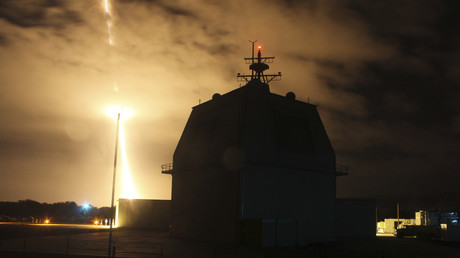Embark CEO says autonomous driving is the only way we’ll get to zero fatalities
Autonomous systems are coming. In fact, they’re already here, thanks to Alphabet’s Waymo, Uber and smaller startups like Aurora, Embark Trucks and Voyage. Although there have a been a couple of fatal crashes involving autonomous software, the consensus seems to be that self-driving is still the way to go.
Last year, 37,150 people died in car accidents nationwide, according to a statistical projection from the U.S. Department of Transportation National Highway Traffic Safety Administration. Worldwide, nearly 1.3 million people die every year, according to the Association for Safe International Road Travel.
“The only plausible strategy that we have as a society to get to zero [fatalities] is driverless,” Embark CEO Alex Rodrigues told me at TC Sessions: Robotics last week. “It’s not plausible to get all the drunk or distracted or unsafe humans off the road. The only realistic way we can get to zero is driverless.”
Rodrigues added that it’s not a question of whether or not we should do driverless, but “it’s a question of how can we roll it out safely and responsibly and how soon is it ready for prime time.”
As it stands today, it’s clear that most autonomous vehicles are not ready, Rodrigues said. As he noted, it’s obvious that companies aren’t ready today, but to determine when companies will be ready will require “a judgment that is going to be very nuanced.”
Instead of companies reporting thousands of miles without disengagements (human interventions), he said we need to see millions of miles.
Waymo, which has driven over 4 million miles across the U.S., has a disengagement rate of 0.18 events per 1,000 miles driven, according to the California DMV’s annual report in January. That’s about 5,555 miles between engagements on average. Cruise, on the other hand, had an average of 4,600 miles between disengagements.
The idea that a software system will never fail is a fallacy, Voyage CEO Oliver Cameron said. He noted that software fails all the time, but that it’s about having appropriate levels of redundancy in the system.
“It’s how you handle those [failures] gracefully that’s really crucial,” Cameron said.
Still, many companies are working on autonomous ride-hailing services. Drive.ai, for example, recently announced its plans to launch an autonomous ride-hailing network in Frisco, Texas. And General Motors’ Cruise says it’s on track to launch its ride-hailing service by 2019. But autonomous nationwide ride-hailing is probably a bit further down the road.
“I think that’s going to take a while,” Aurora CEO Chris Urmson told me at Robotics. “I expect that the technology is going to be deployed in city by city for a long time.”
Read more
May 14, 2018 at 01:33PM
from TechCrunch
via IFTTT




No comments